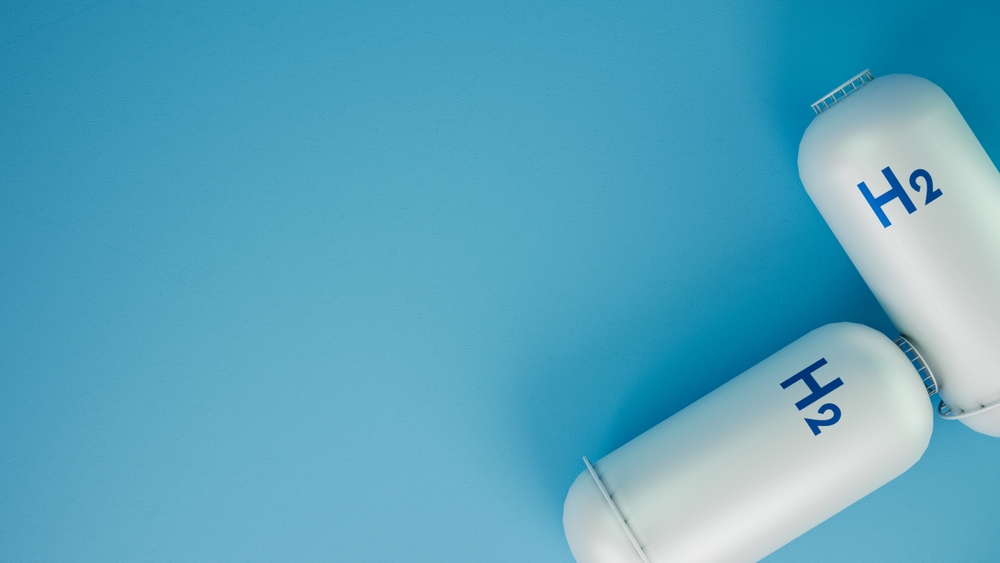China’s recent food safety scare involving Hunanese rice resulted in a downturn in the entire rice market. If consumers had more information, would the market have suffered as badly?
When one thinks of rice one does not often think of lemons except perhaps in the South Indian state of Tamil Nadu where lemon rice is a popular local dish. But the unfolding of a recent food safety scare in southern China involving rice reminds one of an old economic concept involving lemons.
On May 17th, the Guangzhou Municipal Food and Drug Administration (FDA) announced that inspections of local restaurant kitchens had revealed unsafe levels of cadmium in eight out of 18 rice samples and six of the unsafe samples were grown in Hunan province. Cadmium is toxic and is linked to respiratory and kidney problems as well as osteoporosis. The cadmium is thought to have entered the rice primarily from contaminated water diverted from rivers, lakes and streams into Hunan’s rice paddies.
That so much rice was contaminated is bad but the way it was announced made things worse. The FDA refused to reveal the sources of the tainted rice. The reaction was swift. Most consumers and retailers throughout Guangdong province, of which Guangzhou is the capital, refused to buy Hunan rice from any source and prices fell precipitously. People began buying rice from northern China or Thailand instead. According to one report, a majority of rice producers in the region ceased operations. Thus, even rice from sources that had tested safe was adversely affected.
This is exactly what a theory developed in a 1970 paper by the Nobel Prize winner George Akerlof would have predicted. The paper describes what has come to be known as the “lemons problem”. Akerlof argued that if customers are uncertain of product quality and low-quality goods are sufficiently pervasive, then the market will break down. The logic is the following. If customers do not know which products are good or bad, they will only be willing to pay for the average of the two qualities. As a result, only low-quality products will be worth selling because they are cheaper to produce. In a sort of self-fulfilling prophecy, buyers will in turn assume that all products on the market are bad.
This is called the “lemons problem” because Akerlof used the market for used cars to illustrate the problem and a faulty car is called a “lemon”. Consistent with Akerlof’s theory, in the used car market buyers usually assume that any car offered for sale is a lemon. As a result, owners of high-quality used cars are usually reluctant to sell them because they will only be paid the value of a lemon. This is known as “the bad crowding out the good”.
Something similar appears to have happened in the case of the Hunan rice. With the FDA’s announcement, customers became aware that some rice was bad but were not sure which was which. Many buyers stopped buying altogether for fear that all the rice was bad. With no way to convince buyers of the product’s acceptable food safety level, even sellers of safe rice were left with no demand and stopped producing.
One way to solve the “lemons problem” is to eliminate the buyers’ information disadvantage. In this case, the FDA had the ability to do so but did not exercise that option. If it had revealed which sources were contaminated, the FDA probably could have averted a breakdown in the market for safe rice. In fact, producers of safe rice would have been rewarded with higher prices as the total supply of it would be limited. Only the unsafe rice would have been driven from the market (farmers of unsafe rice should probably be compensated since the presence of cadmium is probably not their doing).
Two days after the initial announcement, the FDA revealed some information about the food safety test results but apparently not enough to restore confidence. Akerlof’s theory suggests that accurate and comprehensive testing of all rice sources would solve the “lemons problem” by giving buyers good information about the quality of products. Moreover, it would identify the sources of cadmium in the soil so that they could be eliminated in the long run. That way the only lemons involved in eating rice would be the kind grown on trees.
(Photo Credit: Sharada Prasad’s Photostream)



















